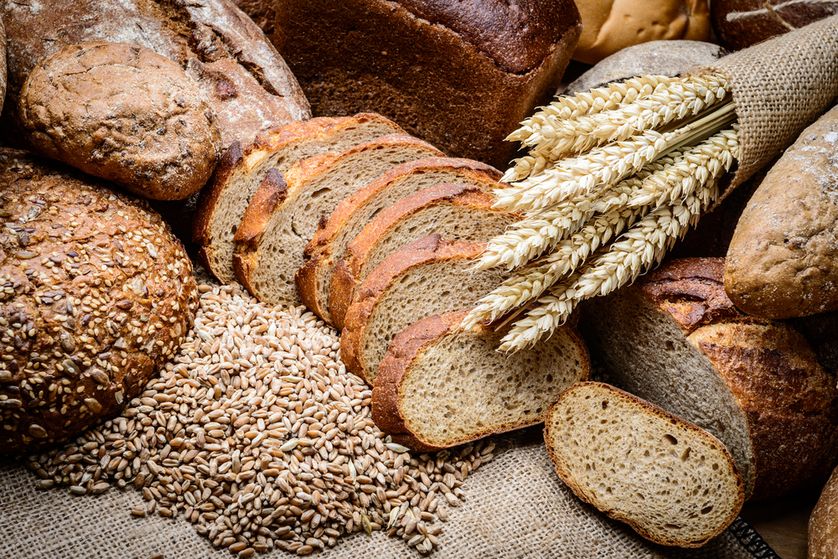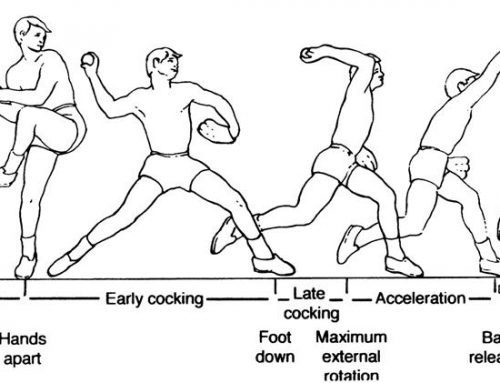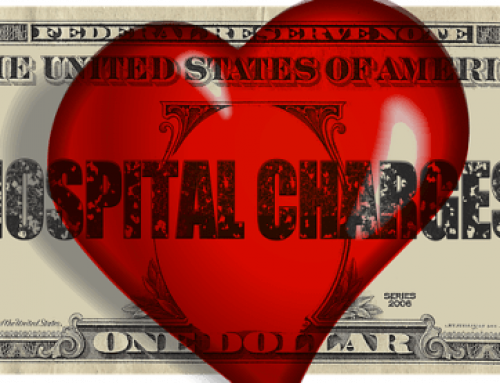The idea that we need to eat carbs (cereal grains and bread in particular) for breakfast is merely a “programmed idea” that has been put into people’s heads by food manufacturing corporations that have spent literally billions of dollars to “condition” people to think they should eat that way to be healthy.
As our work-life balance gets more and rapidly faster, everyone is always telling me how they only have time for cereal or toast in the morning. “What I can have instead? there is nothing else to eat?” clients tell me.
Sadly most of have very little understanding of nutrition as the media tells us so many different things and the medical paper presents a different study each day. Few of us think to question who sponsored the medical study at all. The nutritional experts before us have very little reality that the information they pass on has been bought and paid for by a food manufacturing corporations. Few realize that the entire field that we call nutrition and the nutrition it produces was started by General Mills, specifically to sell processed foods largely made from grains.
That doesn’t mean there aren’t great nutritionists out there, but you’ll find that the great ones had to unlearn much of what they were taught and relearn the truth through clinical trials and life experiences of their own.
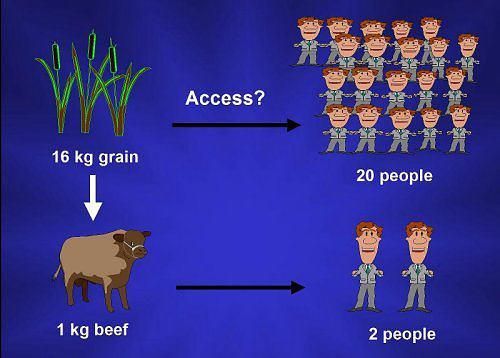
Are animals and humans really designed to eat grains? My personal experience is ‘No’. Even the cattle that the premiership football teams eat are barley soaked in molasses. Yes, it gives the meat a great taste and the cows are kept healthy and in small groups of seven, but grains cause inflammation in the cattle which is, in turn, passed down to us through the food chain. I recommend grass fed or organic on all types of flesh and seafood.
Bread or no bread?
 The issue isn’t one of bread or no bread. The issue is “what works well for your body.” My personal experience is that the great majority of people cannot digest, metabolize, assimilate or eliminate grains well at all, even if they are gluten-free. When we eat something that is not correct for our metabolic typing, the inflammation effect fo that food e.g a croissant can stay in the gut for 6 weeks. If we are serious about getting well and ridding the body if disease, you’re talking one year on a specific protocol, no 80/20 rule.
The issue isn’t one of bread or no bread. The issue is “what works well for your body.” My personal experience is that the great majority of people cannot digest, metabolize, assimilate or eliminate grains well at all, even if they are gluten-free. When we eat something that is not correct for our metabolic typing, the inflammation effect fo that food e.g a croissant can stay in the gut for 6 weeks. If we are serious about getting well and ridding the body if disease, you’re talking one year on a specific protocol, no 80/20 rule.
Common indicators that your body doesn’t want such foods:
- Seeing skin problems.
- Noticing cognitive issues.
- Experiencing disrupted bowel movements.
- Feeling muscle and joint aches and recovering more slowly from exercise.
- Waking up tired and/or feeling groggy and foggy-headed, even after eight hours of sleep.
- Waking up with swelling or discoloration under and around the eyes.
- Feeling sore internally when you press through your abdominal wall with your fingers while your abdominal muscles are relaxed.
- Accumulating phlegm in your nose and throat or experiencing a runny nose.
- Sneezing more than usual.
- Feeling decreased motivation over time.
Issues with carbs
There is a myriad of sources of carbs aside from grain-based foods. Any vegetables grown above or below the ground, fruits, raw honey and other natural sweeteners are all good sources of carbs. I tell clients to get as many vegetables and leafy veg on their plate. The best carbs to eat, in my experience, are raw fruits and vegetables. Always be sure to check in with your body and pay attention to what it needs. This does not mean filling the entire plate with potatoes.
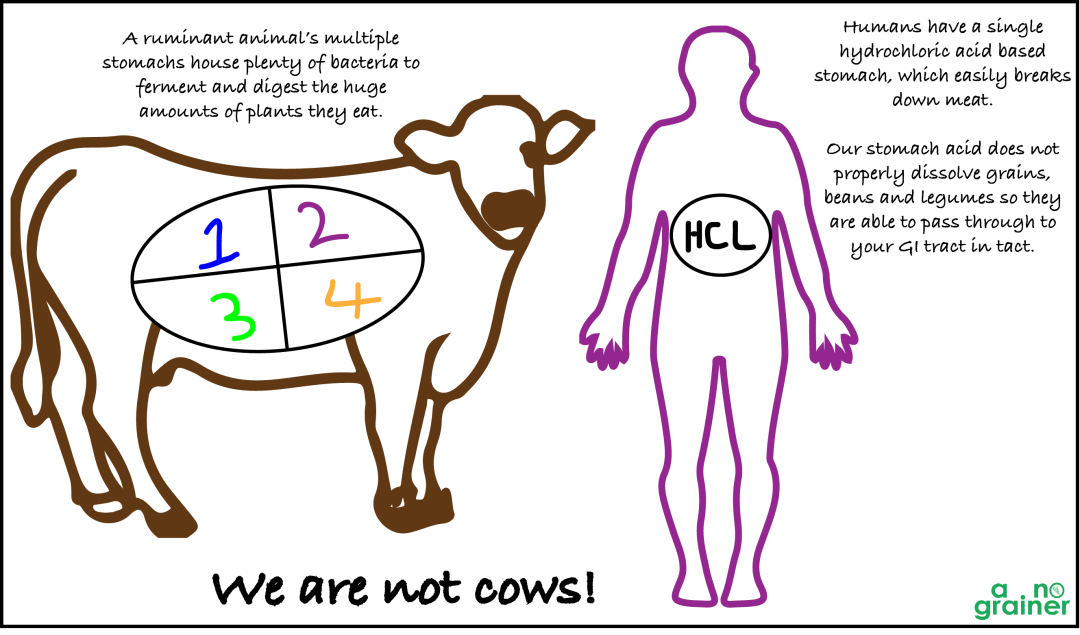 Unfortunately, this programming has nothing to do with the truth, and everything to do with selling loads of processed, poor quality, grain-based crap foods sprayed with poisons and grown in dead soils to generate very high profits. This includes cereal bars, sachet porridge, and breakfast drinks.
Unfortunately, this programming has nothing to do with the truth, and everything to do with selling loads of processed, poor quality, grain-based crap foods sprayed with poisons and grown in dead soils to generate very high profits. This includes cereal bars, sachet porridge, and breakfast drinks.
Keeping people sick is very profitable when you consider that many shareholders of these corporations also invest in drugs to treat all of the diseases caused by eating such foods (and believe in such silliness too).Many commercial breakfast kinds of cereal, including those that claim to be healthy, are very high in added sugars. That even includes some seemingly-health muesli cereals have a lot of added sugar in the form of honey, malt, molasses, dried fruit or “even fruit juice.”
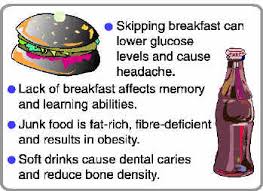
If you want to learn more about the history of grains in our diet, how long it takes our bodies to adapt to eating grains, and the prevalence of gluten intolerance (gluten is a type of protein in all grains except corn, rice, buckwheat and millet), I highly recommend reading Cereal Grains: Humanity’s Double-Edged Sword by Dr. Loren Cordain, a member of the Health and Exercise Science department at Colorado State University.
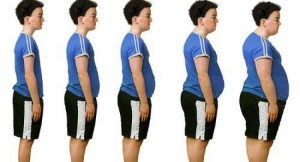
Children and grains
Studies also show that breakfast should not be skipped, as children who eat in the morning are more likely to score highly in tests and assessments.A study of 5,000 nine to 11-year-olds carried out by Cardiff University showed that there appeared to be a link between eating breakfast and high-level academic performance.
Bibliography
“Fully, functional gut” Emma Lane
Grains or no Grains blog – Paul Chek

